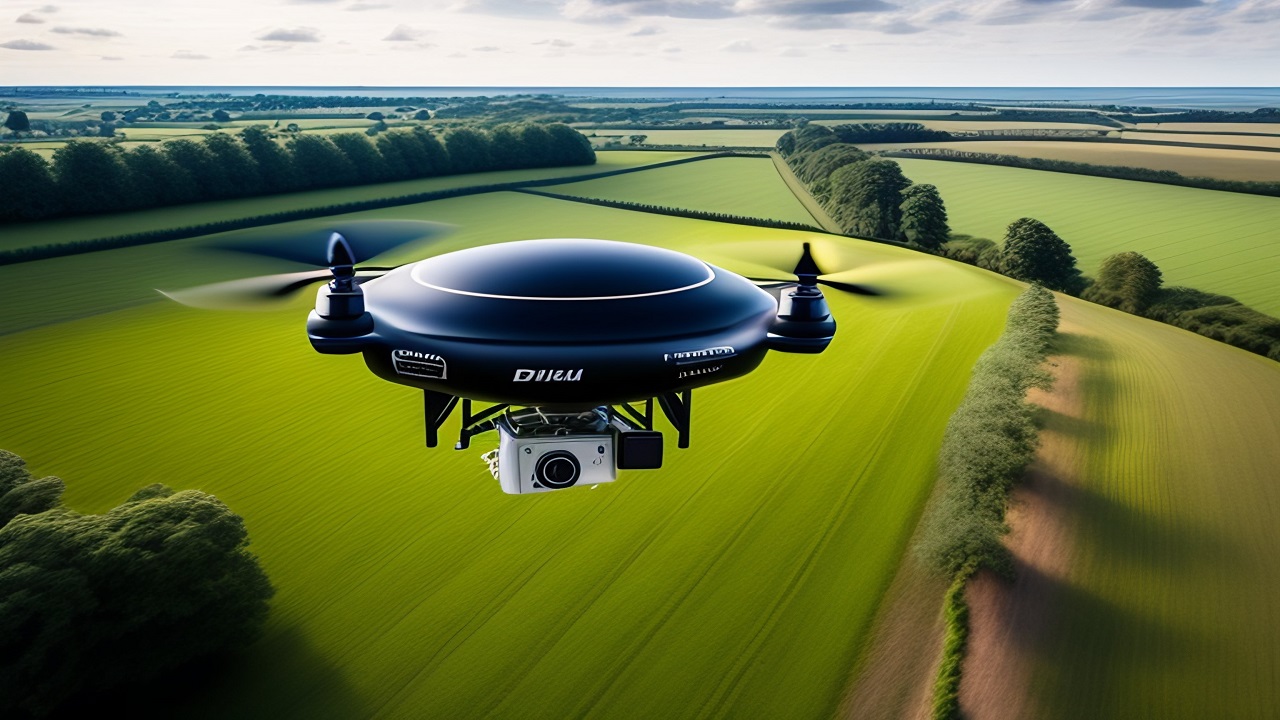The Power of Innovation: How Agriculture and Technology are Driving Development Forward
The blog discusses how the power of innovation in agriculture is driving development forward. It highlights how technological advancements have enabled farmers to optimize crop yields, reduce waste, and minimize the use of chemicals, leading to sustainable development. The blog also mentions how technology-driven agriculture has created new opportunities for rural development, particularly in developing countries, and how precision agriculture has enabled farmers to reduce the use of chemicals, water, and energy, resulting in lower carbon emissions and less pollution. The blog concludes by emphasizing the need for continued innovation to address challenges such as climate change, food insecurity, and rural poverty, and how governments, private sector players, and international organizations must work together to promote innovation and create an enabling environment for technology-driven agriculture to thrive.

Agriculture is the backbone of many economies, providing food and raw materials for industries. However, traditional farming methods have proven to be inefficient and unsustainable in meeting the growing demand for food, fiber, and fuel. With the world's population expected to reach 9.7 billion by 2050, there is a need for innovative, technology-driven solutions to enhance agricultural productivity, sustainability, and profitability.
The integration of technology into agriculture has revolutionized the industry, transforming the way farmers work and increasing yields. Innovations in precision agriculture, biotechnology, and advanced machinery have made farming more efficient, profitable, and sustainable. Precision agriculture, for instance, uses data-driven techniques to optimize crop yields, reduce waste, and minimize the use of chemicals. This involves the use of sensors, drones, and GPS technology to collect data on crop health, soil moisture, and nutrient levels, enabling farmers to make informed decisions on when to irrigate, fertilize, and apply pesticides.
Biotechnology has also played a crucial role in agricultural innovation, with crops engineered to be more resistant to pests, diseases, and drought. Genetic modification has enabled the development of crops that are more nutritious, have longer shelf lives, and can be grown in harsh environments. For instance, the development of genetically modified maize has enabled farmers in Africa to grow crops that are resistant to pests and drought, increasing yields and improving food security.
Advanced machinery has also transformed the way farmers work, making tasks such as planting, harvesting, and processing more efficient and less labor-intensive. The use of machinery such as tractor combines, and harvesters have reduced the time and cost required to produce crops, enabling farmers to increase their yields and profits.
In addition to enhancing productivity and profitability, technology-driven agriculture has also contributed to sustainable development. Precision agriculture, for instance, has enabled farmers to reduce the use of chemicals, water, and energy, resulting in lower carbon emissions and less pollution. Biotechnology has also enabled farmers to grow crops that require less water and fertilizer, reducing the strain on natural resources.
Furthermore, technology-driven agriculture has also created new opportunities for rural development, particularly in developing countries. The use of mobile technology, for instance, has enabled farmers to access information on weather patterns, market prices, and best practices, enabling them to make better decisions on when to sell their crops and how to manage their farms. This has also enabled farmers to access financial services such as loans and insurance, improving their access to credit and reducing their financial risks.
In conclusion, the power of innovation in agriculture cannot be overstated. Technology-driven solutions have the potential to transform the industry, enhancing productivity, sustainability, and profitability. As the world continues to face challenges such as climate change, food insecurity, and rural poverty, there is a need for continued innovation to address these issues. Governments, private sector players, and international organizations must work together to promote innovation and create an enabling environment for technology-driven agriculture to thrive. By doing so, we can ensure that agriculture continues to be a key driver of development and prosperity for years to come.










